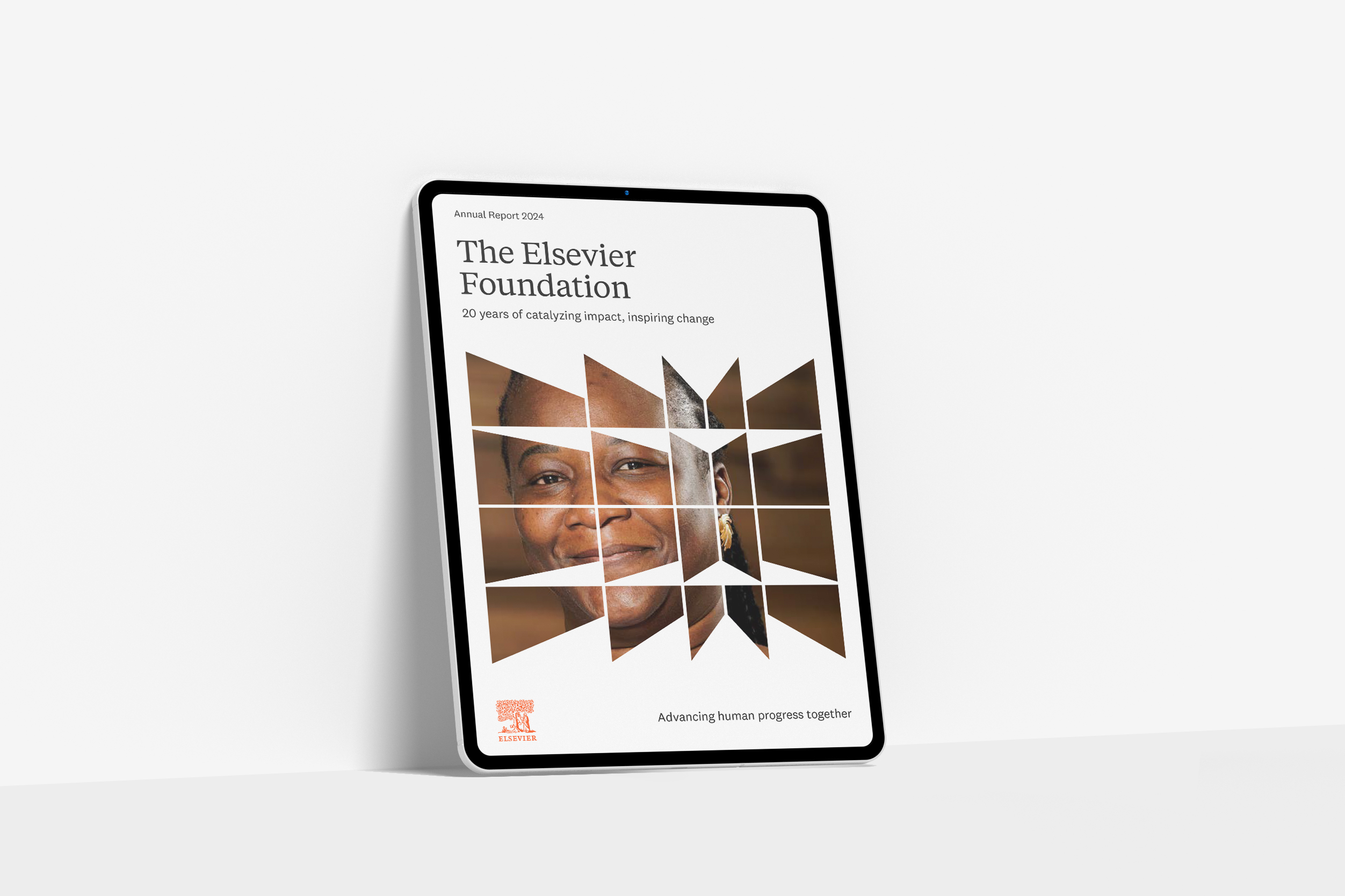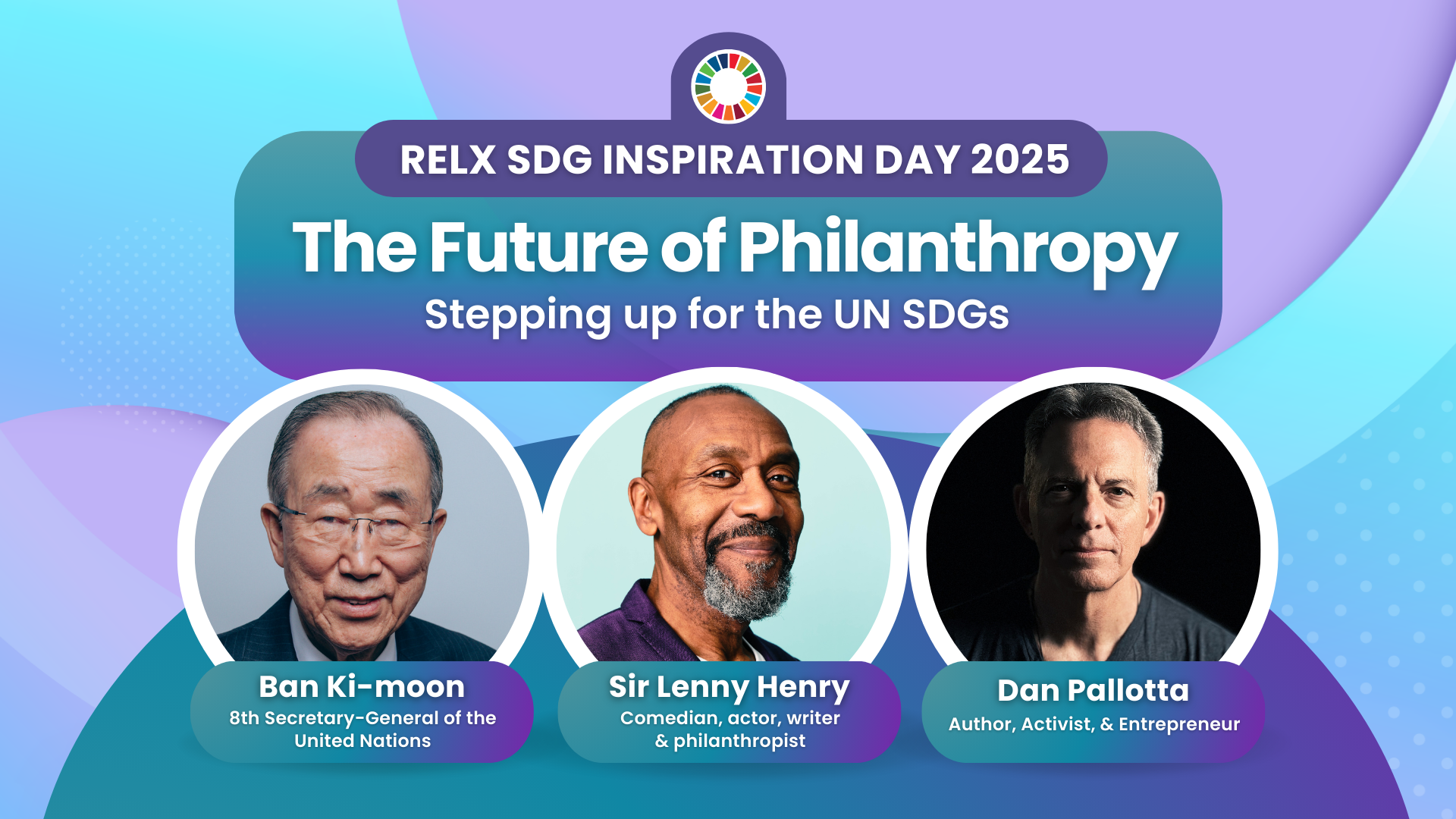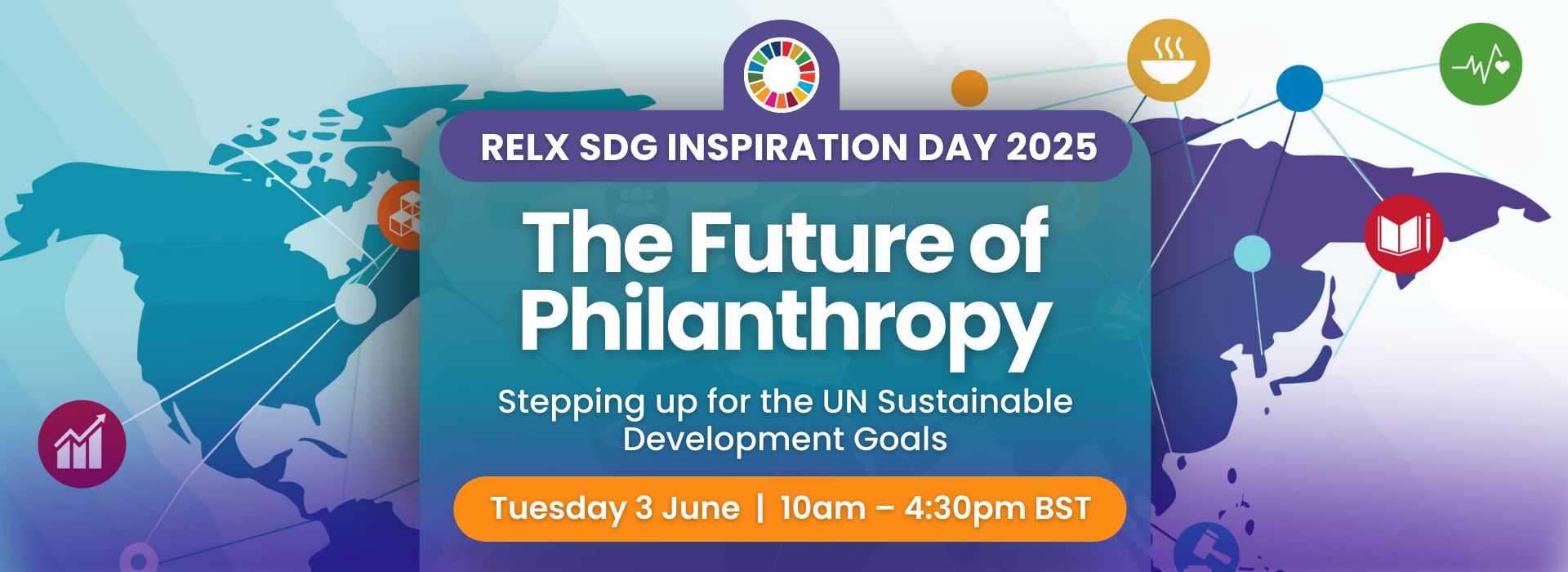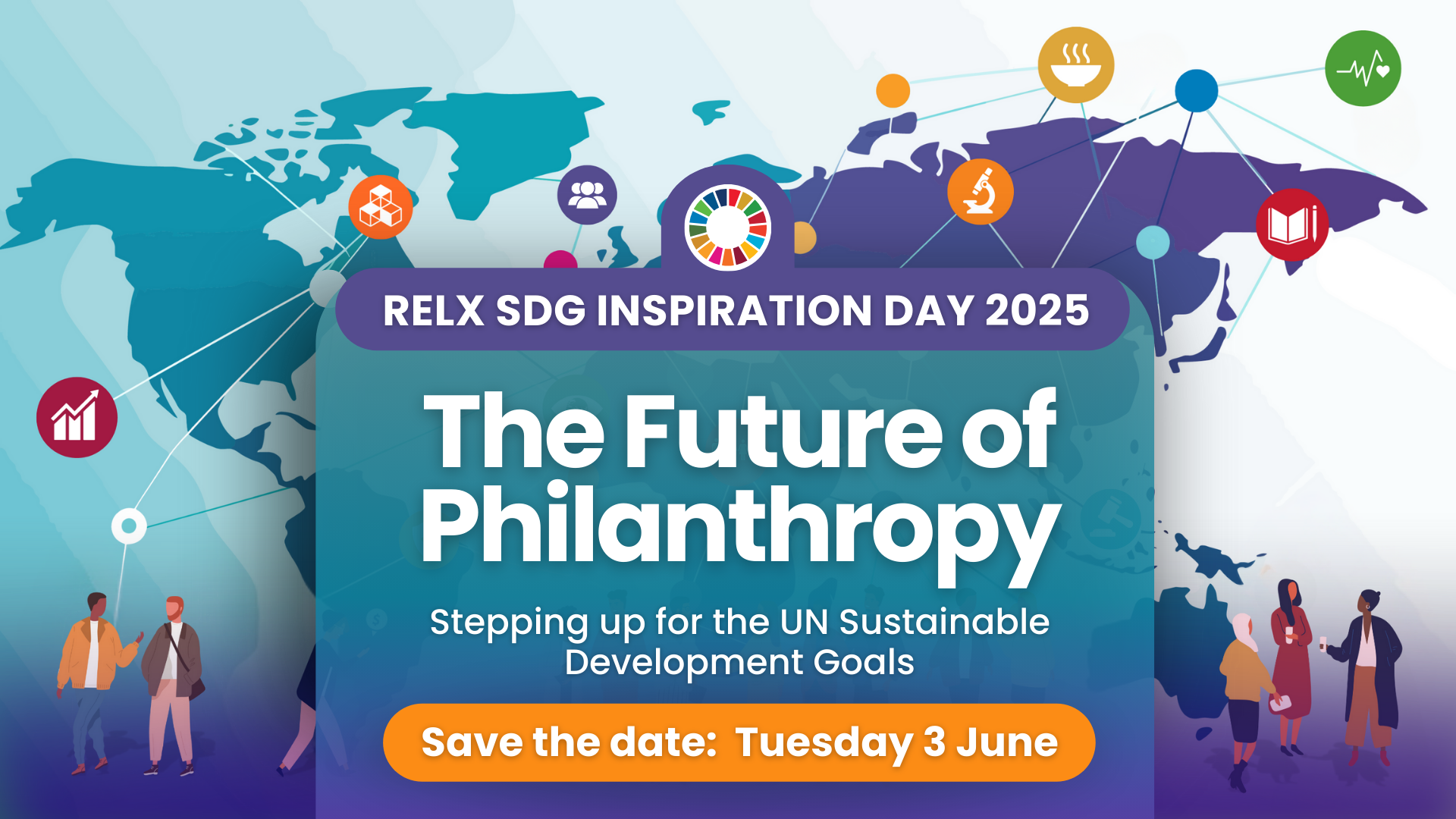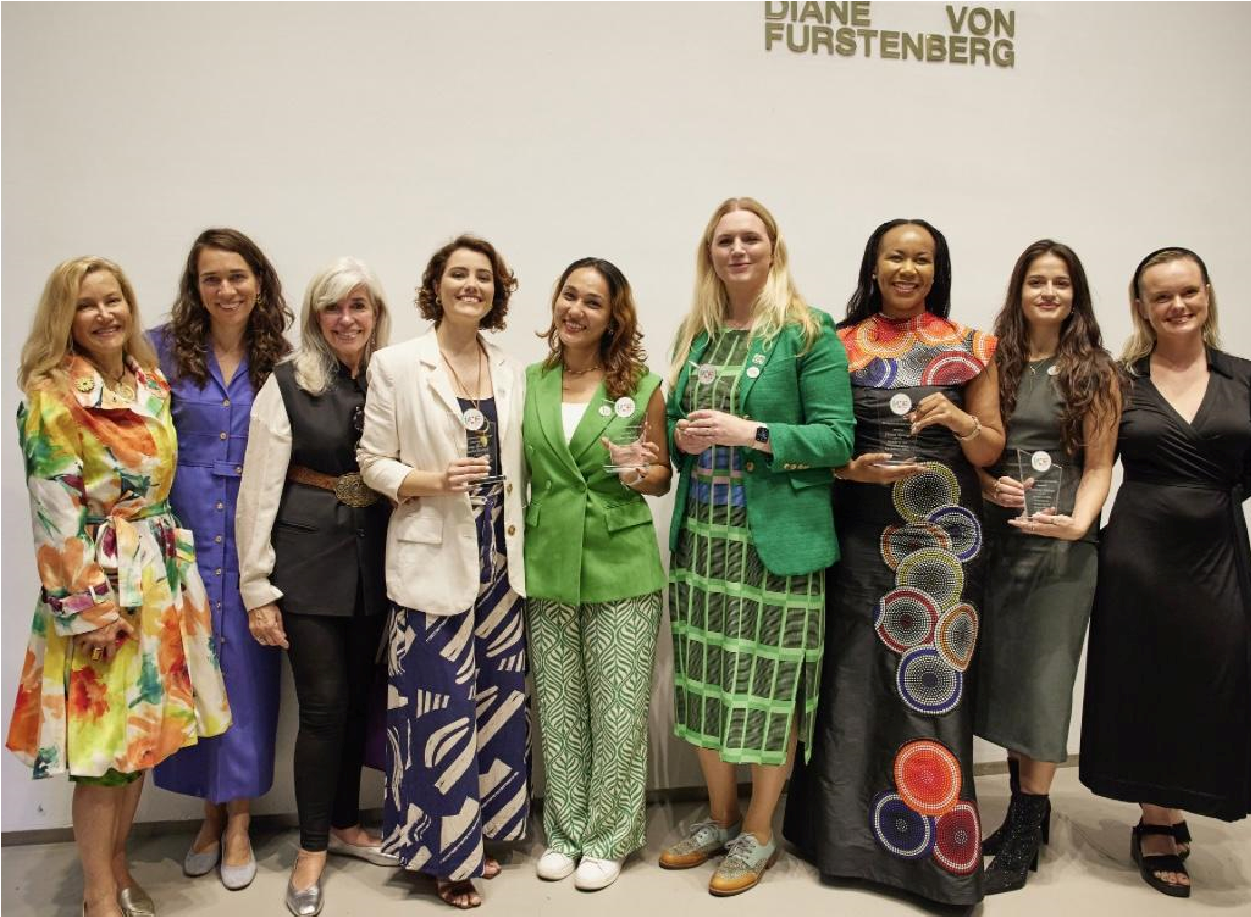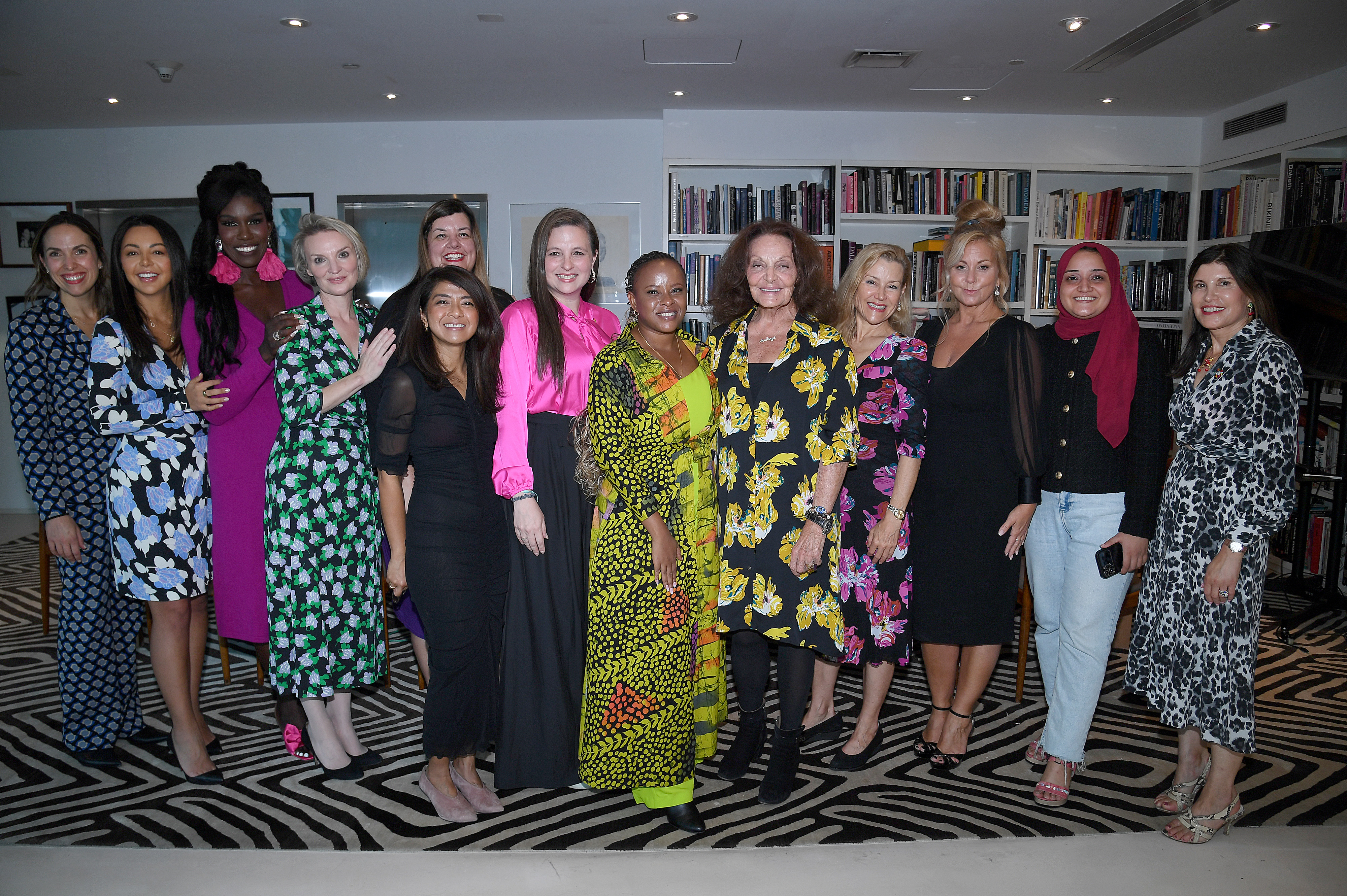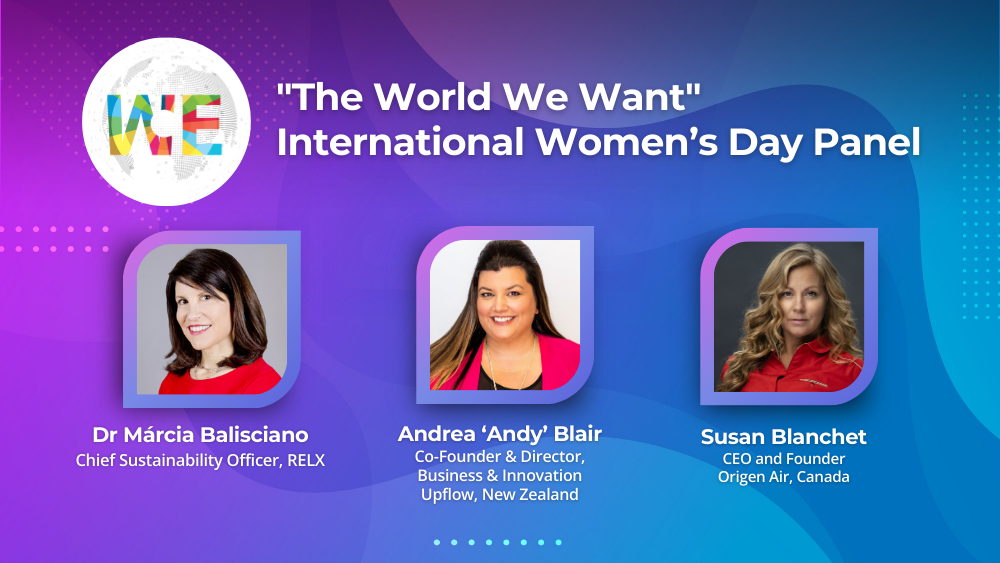Global partnerships represent the collaborative efforts of nations, organizations, and various stakeholders, aimed at addressing multifaceted challenges that transcend national boundaries. Central to the ambitions of the United Nations' 2030 Agenda for Sustainable Development, the 17th Sustainable Development Goal (SDG 17) specifically emphasizes the role of partnerships. It acknowledges that isolated efforts are insufficient when combatting complex, intertwined global issues such as poverty, hunger, education disparities, and climate change. Therefore, building and strengthening partnerships becomes paramount for optimizing resources, sharing best practices, and fostering innovation. SDG 17, aptly titled "Partnership for the Goals", underlines the symbiotic relationship between partnerships and the other SDGs. Without effective global cooperation, the realization of the remaining 16 SDGs remains elusive.
The nature of global challenges, such as the urgent threat of climate change, compels nations to collectively address these issues, integrating their unique resources and perspectives. Take, for example, the global response to the COVID-19 pandemic. Without international cooperation, resource sharing, and mutual support, managing the pandemic's impacts would have been significantly more challenging. By pooling scientific research, sharing vaccine development insights, and assisting vulnerable nations, the world demonstrated the indispensability of global partnerships.
Moreover, the dynamic of global partnerships has evolved with the incorporation of non-state actors. These include multinational corporations, non-governmental organizations, and civil society groups, which have emerged as critical players in the pursuit of the SDGs. Their inclusion in the global decision-making process is a testament to the understanding that sustainable development is not just the prerogative of governments, but of all stakeholders. It is a holistic endeavor that calls for the amalgamation of efforts from every sector of society.
Furthermore, partnerships can catalyze financial mobilization, a crucial element in achieving the SDGs. The vastness of the 2030 Agenda necessitates significant financial resources. By fostering global partnerships, nations can unlock new avenues of financing, stimulate investments in sustainable sectors, and amplify the impact of funds through blended finance mechanisms. For instance, the collaboration between public and private sectors can lead to innovative financial instruments that prioritize sustainable development, ensuring that investments align with the global goals.
In addition, knowledge sharing is a vital component of global partnerships. In the journey towards achieving the SDGs, countries can learn from each other's successes and failures. This peer-learning mechanism can expedite progress by replicating successful models and sidestepping pitfalls. Global partnerships thus become platforms for mutual learning, ensuring that no country is left behind due to a lack of expertise or resources.
However, while the merits of global partnerships are clear, ensuring their effectiveness requires transparent governance, mutual respect, and aligned objectives. Partnerships, both at the bilateral and multilateral levels, must prioritize inclusivity, ensuring that the voices of the marginalized and vulnerable are integrated into decision-making processes. By grounding partnerships in these principles, the world can harness their full potential in the drive towards the Sustainable Development Goals.
The Elsevier Foundation and RIKEN's report, ‘Envisioning Futures: Amplifying women’s voices and leadership in Japanese Science’, calls on research institutions to expand definitions of excellence beyond traditional metrics to include mentorship, collaboration and societal impact. Ylann Schemm, executive director of the Elsevier Foundation is among the leaders featured, sharing insights on the importance of resilience and flexibility in shaping diverse STEM careers.
To mark its 20th anniversary, the Elsevier Foundation has released an impact report highlighting its key partnerships and achievements. Since 2005, The Elsevier Foundation has awarded over $18 million in grant funding. These grants have supported more than 100 partners across 70+ countries, reinforcing a commitment to fostering inclusive research and healthcare and promoting better health outcomes and a more sustainable research ecosystem.
More than 800 people from over 75 countries came together virtually on 3rd June 2025 for the eleventh edition of the RELX SDG Inspiration Day: "The Future of Philanthropy: Stepping up for the SDGs" The annual online event brings together together business, academia, NGOs and government to explore pressing issues and inspire action on the United Nations Sustainable Development Goals (SDGs). Explore highlights from the day including inspiring keynotes from Ban Ki-moon, 8th Secretary General of the United Nations, Sir Lenny Henry and Sarah, Duchess of York.
The Future of Philanthropy: Stepping up for the UN Sustainable Development Goals
Join us for RELX SDG Inspiration Day 2025 - a free, online event to explore issues, gain practical insights and be inspired to take action in support of the N SDGs.
RELX SDG Inspiration Day 2025
The Future of Philanthropy: Stepping up for the United Nations Sustainable Development Goals
Can philanthropy bridge the funding gap necessary to advance the Sustainable Development Goals?
Join thought leaders, including Ban Ki-moon, 8th United Nations Secretary General, in discussing the role for philanthropy in addressing the United Nations Sustainable Development Goals (SDGs).
RELX has been a Lead Partner and supporter of the WE Empower Challenge since 2023. The WE Empower UN SDG Challenge honors innovative women leaders from around the world who are pushing the United Nations Sustainable Development Goals or SDGs forward, through sustainable business practices and inspiring others to follow suit. Read about the 2024 awardees.
International Human Solidarity Day 2025: Celebrating Unity and Collective Action for a Better World
Observed annually on December 20, International Human Solidarity Day emphasizes the importance of solidarity in addressing global challenges like poverty, inequality, and social exclusion. Established by the United Nations General Assembly in 2005, the day calls on governments, organizations, and individuals to work together to achieve the Sustainable Development Goals (SDGs) and promote human and social development across all nations.

